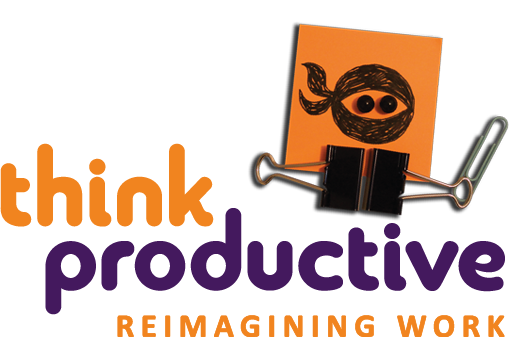One of the things that has been a real struggle in the last couple of weeks of my 60 Minutes Experiment has been answering the question “what constitutes work?“. Perhaps the reason it’s been a struggle is that everyone wants to know how I’ve defined this but everyone has their own preconceptions too.
For many people, this distinction is clear: the stuff you turn up to do for your boss is your work. The stuff you do at home is your life, your fun, your chores and your “non-work”.
This is nothing to do with what feels like “hard work”, just a definition based on the economic transaction of work: what things you do because they pay the bills versus what things you do elsewhere.
Home Work?
However, I think it’s more complicated than that. And before you cry “that’s easy for you to say” (!), not just for business owners and entrepreneurs, but for everyone.
What about loading the dishwasher, picking up the kids, researching new dishwashers, researching new kids and arranging the trip and booking flights and dusting the hallway and so on and so forth? These are home-based or life-based chores, they have to be done, one way or another, and whilst they don’t contribute to a pay packet, they contribute to the hard business of building a life for you and your family. They’re the building blocks that enable you to experience joy and happiness, just as much as having the money in your pay packet enables you to do the same.
So I think work extends beyond the realm of the stuff we get paid for. And unfortunately this month, I’ve had a lot of work to do beyond the one hour of time I’ve been spending on Think Productive UK work (the definition that my original rules laid down). Not saying I haven’t had some moments of joy and fun in the last two weeks, but certainly I haven’t been visiting museums and meeting up with long lost friends for six hours a day since I started this experiment. Perhaps that view was too romantic to begin with, I don’t know. Perhaps those things are less important to me than I thought… and if I can’t find time for them whilst only “working” an hour a day, then precisely when would they become priorities. And what does that say about me?
Fun Work?
The other flaw in the current definitions of work is the notion of “fun” or “play” being somehow completely separate to work. For some people, work is a dreary experience, without meaningful human connections, devoid of soul… but actually I’d suggest that probably far fewer people experience work in a way which is completely lacking in joy or happiness on any level than we think. Actually, most people do certain things at work or experience certain fleeting moments in their jobs that they’d willingly do for free if the job didn’t exist or if they didn’t need to earn money: as humans, we like community and challenge. Maybe not for eight hours a day, or everyday, but a couple of times a week, certainly!
Do I have any answers here? Not yet. What I will say is I’ve found the last two weeks extremely challenging and thought-provoking. I’m feeling majorly behind and out of control of my work (I haven’t managed a full weekly checklist for the last two weeks and am having to wrestle with my mind’s inability to ‘let go’ after several years of building up good productivity habits). I’ll write much more about this aspect shortly, but for today, some questions for you…
What does “work” mean to you?
What would you miss or seek out if your job no longer existed or you had no need to work?
What does “play” mean to you?
Where and when are you most happy or fulfilled?
Like this? Try these
Catch up on all of Graham’s 60 Minutes blog posts
Try one of our How To Get Things Done workshops – great for increasing productivity
Tell us your work life balance secrets – join the conversation on Facebook
———————————————————————————————————————————


